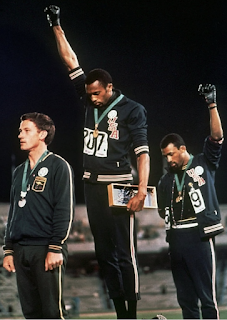The Pardon Power is a Bug, Not a Feature
by Michael Dorf When the news broke yesterday that former Trump campaign chairman Paul Manafort and his business partner Rick Gates had been indicted, speculation almost immediately turned to the question whether Manafort and Gates--and/or George Papadopoulos, another Trump advisor--would offer dirt on Trump in exchange for leniency. Trump channeler/ potty-mouthed newly-former Twitterer Roger Stone and Trump lawyer Ty "Not that Ty Cobb" Cobb tried to throw cold water on the idea, saying that Manafort has no damaging information to share about Trump. Maybe not, but the fact that Stone and Cobb say something is--how to put this?--not exactly irrefutable evidence of that something. Certainly the concerted efforts of Trumpologists to discredit special counsel Robert Mueller as biased because he is a professional acquaintance of fired FBI Director James Comey suggests that Trumpworld is not simply counting on the truth. Rather, the efforts to paint the longtime Republican wi...
